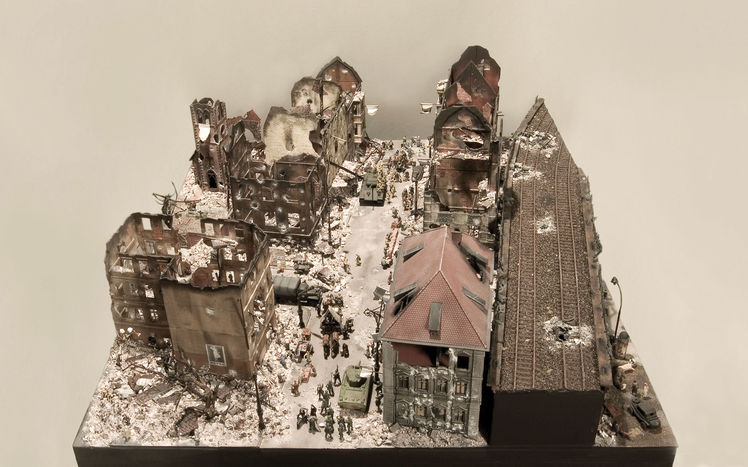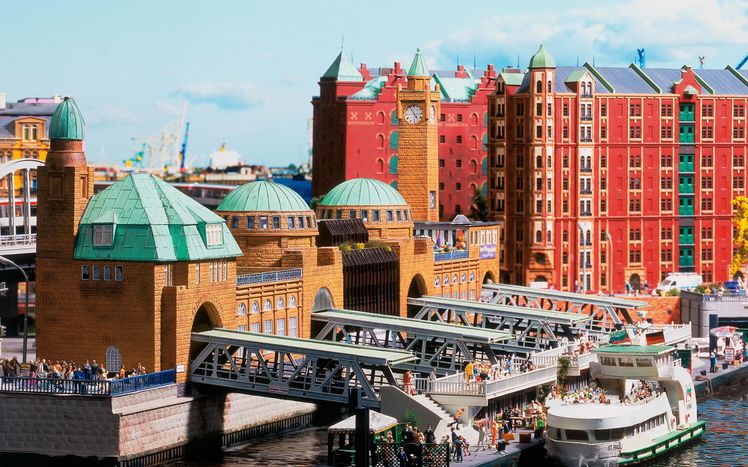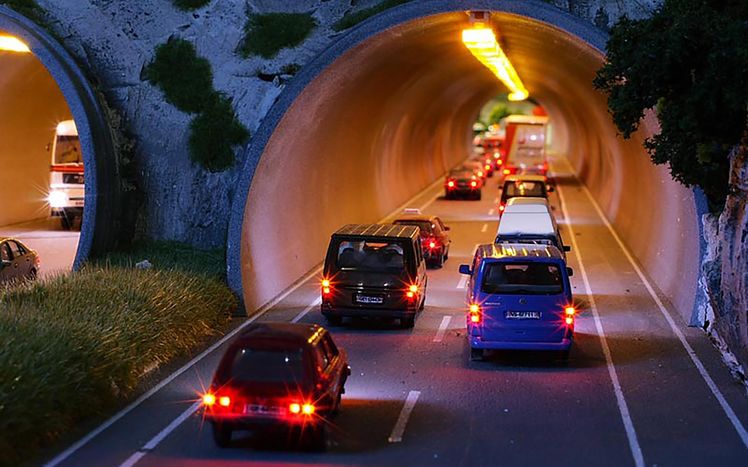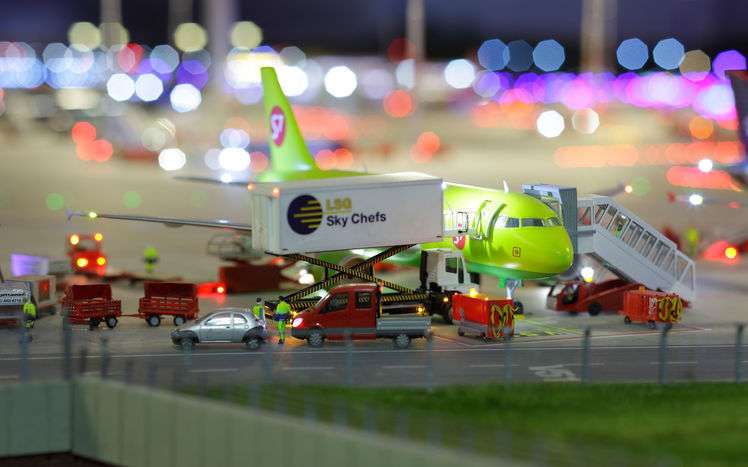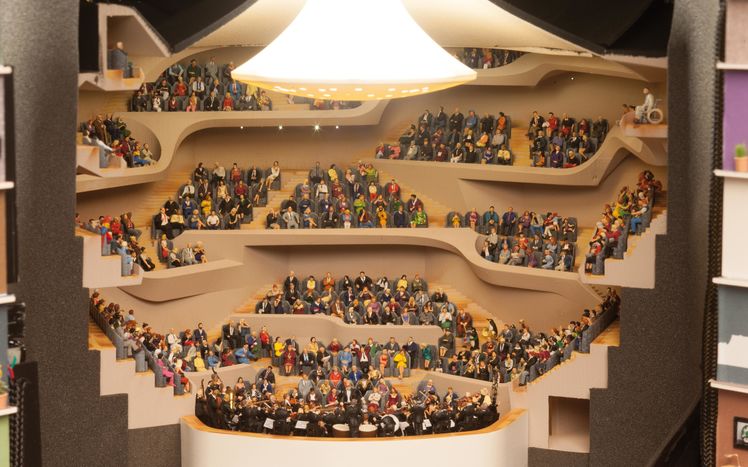1945 - 1949
At the Yalta Conference, Allied Powers resolve the division of Germany into four occupation zones. According to the Four Power Agreement, Berlin is also being divided into four sectors. Due to diverging implementations of the Allies’ post-war politics, the increasingly isolated sectors drift apart more and more. In June 1948, the western sectors undertake a currency reform, whereupon Soviet allies block access roads to West Berlin at first, and later on, even the entire town.
Candy Bombers
With the so-called Berlin Blockade, Western Allies are supposed to be forced to refrain from founding a sovereign German state. On the initiative of the USA, the so-called Berlin Airlift is formed. So-called candy bombers, which Berliners humorously referred to as ‘raisin bombers’, throw off care packages with daily necessities and sweets, and thus, resurrect the sustenance of West Berlin.
